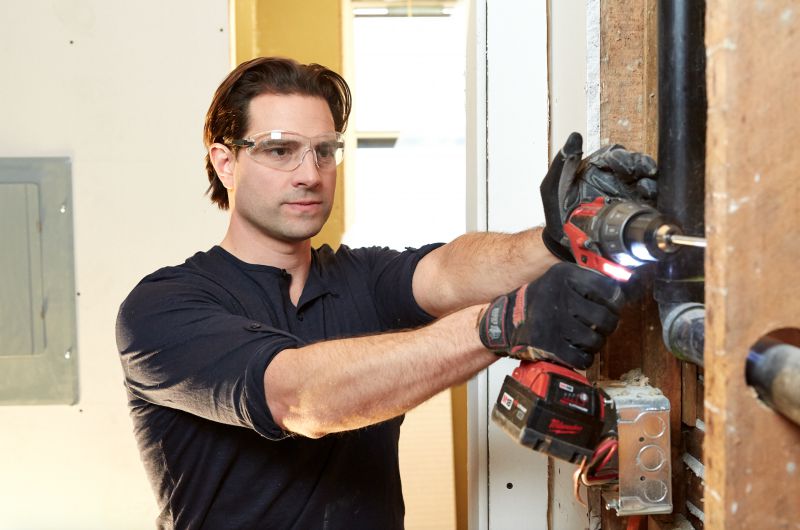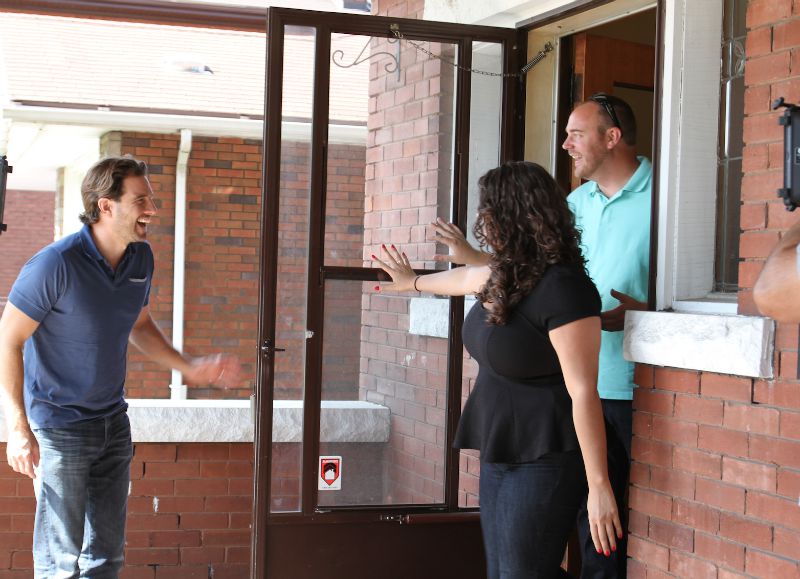How to Work with a Contractor
Once you’ve chosen a contractor you’d like to work with it’s time to move to the next phase.
Scope of Work
A scope of work is a detailed account of everything that will happen over the course of the project. Both you and your contractor need to agree to these terms and sign the scope of work before starting.
It should include:
- All of the work that will be completed, including anything you (the homeowner) will be responsible for.
- All of the materials that will be used and a price range for them (include a note that states you will pay if the materials cost in excess of this amount, or will receive a credit if the materials cost less).
- A breakdown of all the costs for each phase of the project.
- A list of permits needed and who will be responsible for obtaining them.
- A detailed work schedule including start/finish dates and agreements about what will happen if these timelines are not met.
- A payment schedule.
Changes of Work
The scope of work is the foundation of your renovating agreement but don’t think of it as an absolute final contract. If you’ve watched Income Property you know that there is a “reno surprise” in almost every single episode. That’s because the nature of renovating means that unexpected situations and problems will occur. It’s also possible that you might want to do some things that hadn’t occurred to you when you made the original plan. These changes should be documented with a “change of work order” which includes the new work that has to be done and an invoice from the contractor. Attach this to the original scope of work so you have everything together. These documents will act as your working contract.
**It’s really important to note that changes of work are almost guaranteed to come up and the prices can be pretty shocking depending on the issue. No matter what your project and budget make sure to include a contingency in order to deal with these potential budget-killers. 15% is an absolute minimum, but 25% will make you feel a lot more comfortable.
Payment Schedule
You should never pay everything upfront, however, you also can’t expect your contractor to fund your project until it’s complete – this is why a payment schedule is necessary. Everyone works a little differently but here’s a starting recommendation:
- 33% – 40% upon commencement of work
- 33% – 40% when rough-in inspections are passed
- 20% – 33% upon completion of work and final walkthrough
Some contractors prefer to work out lump sum payment schedules based on completion of milestone projects (ie completion of framing, completion of flooring, etc.). This is a perfectly acceptable practice. Some may also ask for a deposit as they need to order and pay for certain materials prior to the start of the project and start scheduling trades. If requested, a deposit shouldn’t be more than 10%.
Structural Renovation Projects – Who to Hire?
Large projects requiring structural changes are a bit more complex than general reno jobs. Not every project will require the following professionals, but major structural renovations likely will.
Architects – draw up the plans including things like building specs, insulation, electrical outlets, wall assemblies, etc.
Structural Engineers – required to plan and approve the structural elements of a building.
Designers – take measurements, help pick colors and finishes, and render floor plans.
In these cases I recommend hiring a Design/Build firm. These companies will either have the right professionals on staff or will be able to subcontract them and include everything so that you don’t have to worry about finding and managing all these people and elements yourself.
Once all of the plans are finalized and approved by the city the contractor will execute them and take care of organizing all the inspections.

Top two photos courtesy of Skit Inc.



Comments